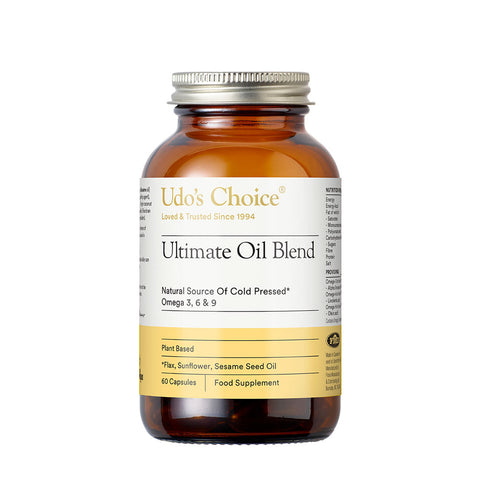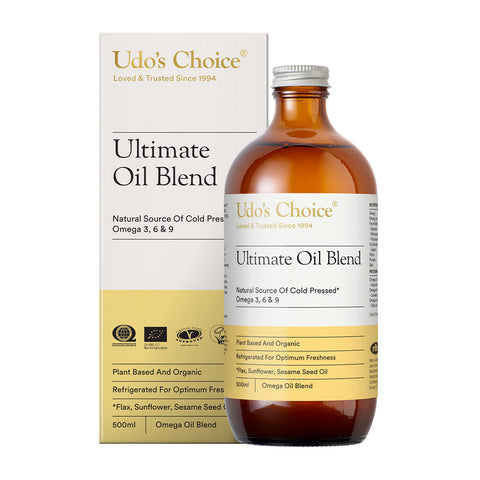The recent news headlines suggesting that Omega 3 may cause prostate cancer came from a scientific study (Brasky 2013) that seemed to suggest that high levels of the fatty acids EPA and DHA lead to a 43% increased risk of prostate cancer and 71% increased risk of high-grade prostate cancer.
However, there are a number of problems with this assertion
The assumption the researchers have made is contrary to larger more robust studies. In October 2012 Reuters Health issued an article titled ‘Fish-filled diet may cut prostate cancer mortality’. One of the study’s authors, “Dr. Konrad M. Szymanski of McGill University Health Center in Montreal said " Our study findings suggest that the number of men who die once diagnosed is lowered by more than 50% among men eating lots of fish." “He and his colleagues analysed 31 studies including hundreds of thousands of patients, reporting their findings in the American Journal of Clinical Nutrition.”
Another recent meta-analysis of fish consumption and prostate cancer by Szymanski et al. (2010) reported a large reduction in late stage or fatal prostate cancer among cohort studies.
This latest study does NOT link omega 3 oils from diet or supplements to directly causing an increased risk of prostate. It merely found that a group of prostate cancer patients has a higher level of Omega 3 in their blood plasma. This in no way suggests a cause and effect relationship.
The study did not identify where the Omega 3 came from – whether it was from naturally derived food sources like fish or flax or whether it was from a supplemental fish oil, so to conclude that fish oil supplementation can increase the risk of prostate cancer is without any foundation.
Indeed there is no evidence that anybody in this study actually took an Omega 3 supplement.
There is little evidence of a higher occurrence of prostate cancer amongst world populations whose diet consists of high levels of these EFA’s. If the findings were true, then prostate cancer would be rampant in any country with high seafood consumption (Scandinavia, Japan etc) and conversely, low level consumption should be protective. Clearly this is not the case.
In a study in 2011 by the same lead author (Brasky, 2011) the researchers stated that “the complexity of nutrition [in population studies] and its impact on disease risk [means] we should study such associations rigorously rather than make assumptions”. They have clearly not followed their own advice on this matter.
Whilst the Omega 3 levels may be high, if this was shown to produce a harmful effect it could infact be the toxins in the source of that Omega Oil, rather than the EPA and DHA itself – Potentially toxic sources of Omega 3 are highly processed ‘chemically’ cleaned fish oils or through frying of foods containing Omega Oils – frying can turn many healthy oils harmful.
So you may ask why could those with higher levels of prostate cancer have higher levels of Omega 3 EPA and DHA in their blood plasma?
Without further research of course we will not know the answer to that. As the study did not specifically set out to study Omega 3 levels in prostate cancer sufferers there is very little information about the participants Omega 3 intake. Some possible suggestions however are:
There might be some kind of natural response by the body increasing anti-inflammatory compounds like Omega 3 to neutralise the inflammatory nature of a tumour.
The ratio of Omega 3 and 6 has not been taken into account and too much Omega 3 without an appropriate amount of unprocessed Omega 6 could well cause an imbalance in cell membranes and lead to inflammation.
The overwhelming results of research for over 2 decades demonstrates that the Essential Fatty Acids Omega 3 and 6 have huge health benefits across so many areas and the misleading conclusions from this study should not deflect us from tackling the lack of these key nutrients in our diets.




